مطالعاتی منصوبہ کی معلومات
The Good of Giving Upنمونہ
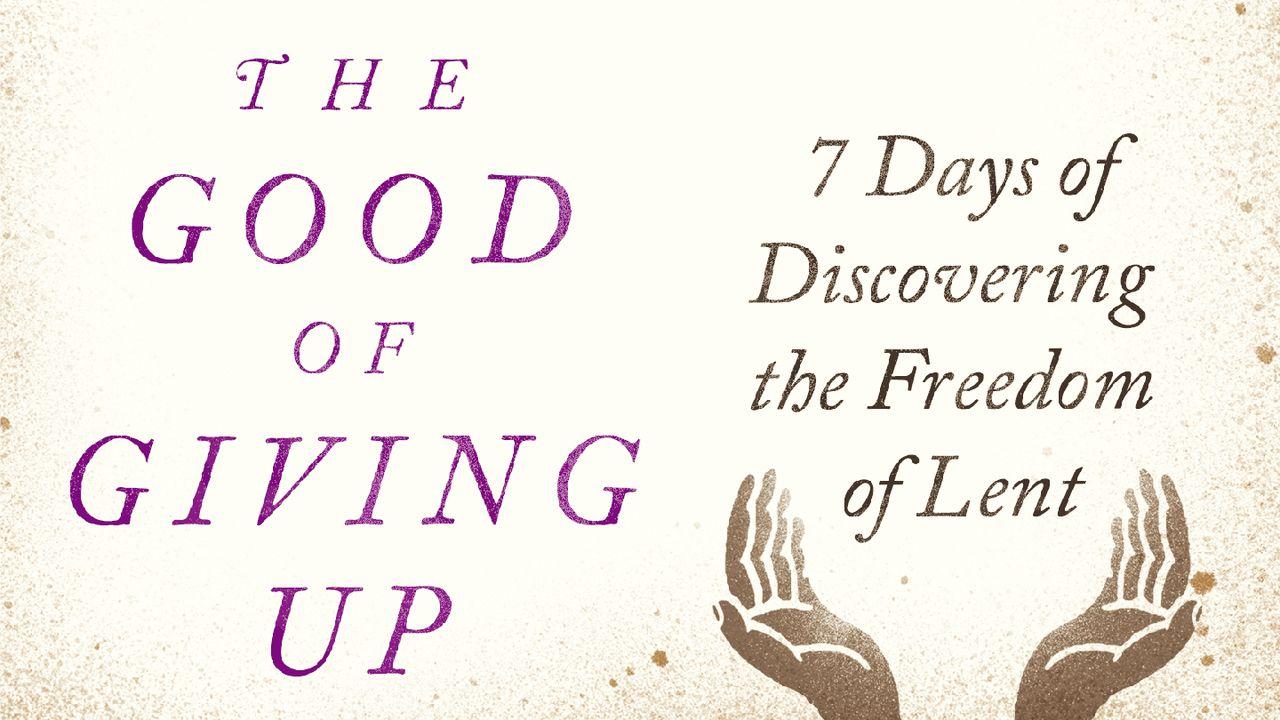
## The Ashes of Lent
For thousands of years, the human race operated under the assumption that the earth was the center of the universe. Though a delusion, it must have felt like a wonderful compliment. The sun dutifully encircles us with its light. The planets waltz for the delight of the human race. The stars and heavenly bodies align themselves in just the right way so that we could receive special messages about reality. The universe was about us, and we were flattered.
In the 1500s, Polish astronomer Nicolaus Copernicus started making some troubling observations. Celestial bodies don’t exactly revolve around a single point. The earth seems to be the one spinning and rotating around the sun, not the other way around. The earth appears to be a lot closer to the sun than it is to the stars. At some point the penny drops for Copernicus: We aren’t at the center of the universe—not even close. Tycho Brahe, Johannes Kepler, and Galileo Galilei would eventually confirm and refine his observations. Their discoveries were sobering. The idea that the earth and sun were switching places made people angry and depressed. Seventeenth-century Anglican poet John Donne channeled the anguish of the day in his poem “Anatomy of the World”:
And new philosophy calls all in doubt,
The element of fire is quite put out,
The sun is lost, and th’earth, and no man’s wit
Can well direct him where to look for it.
And freely men confess that this world’s spent,
When in the planets and the firmament
They seek so many new; they see that this
Is crumbled out again to his atomies.
’Tis all in pieces, all coherence gone.
The Copernican Revolution was a humbling reality check. But who would want to go back? It’s better for the human race to be in touch with reality. While emotionally disorienting, the revolution helped redirect our awe away from ourselves to the grandeur of God, where it belongs. We may not be at the center of the universe,
but we exist for the pleasure of a loving God who holds together all things by the word of His power (Col. 1:15–20; Heb. 1:3).
Lent is like an annual Copernican Revolution. The season begins with the Ash Wednesday service, which is designed to reorient us to reality. The minister smears ashes in the shape of a cross on the forehead of every man, woman, and child, and says, “Remember that you are dust, and to dust you shall return” (see Gen. 3:19). To reinforce the point further, it is customary to receive these ashes while kneeling.
We are not invincible. We are not self-sufficient. And we are not at the center of the universe—not even close. As the ashes are pressed onto our foreheads, we remember that apart from grace we are but dust, not demigods. The ancients may have been mistaken about the earth’s place in the universe, but they were rightly aware of our finitude. Here is a sample reading from the Ash Wednesday service as prescribed by The Book of Common Prayer :
As for man, his days are like grass;
he flourishes like a flower of the field;
for the wind passes over it, and it is gone,
and its place knows it no more.
(Ps. 103:15–16)
On one level, our days are numbered, and we will surrender everything we have spent a lifetime accumulating: our careers, possessions, freedoms, closest relationships, and our body. The ashes of Lent won’t let us forget this. On another level, however, our lives are hidden with Christ in God (Col. 3:1–4). God “knows our frame; he remembers that we are dust” (Ps. 103:14). By God’s mercy, we have a great future in His kingdom long after our bodies fail us. God has everything, God is everything, and in Christ we are forever united with God! This hope is
symbolized by the fact that the ashes take the shape of the cross . The Anglican prayer for Ash Wednesday captures wonderfully this tension:
Almighty God, you have created us out of the dust of the earth: Grant that these ashes may be to us a sign of our mortality and penitence, that we may remember that it is only by your gracious gift that we are given everlasting life; through Jesus Christ our Savior. Amen.5
Being at the center of the universe is a burden too heavy for our shoulders. Beginning on Ash Wednesday, Lent opens us up to the divine blessing that we can receive only when our hands are empty and we no longer see ourselves at the center . We might be dust, but we have the cross, and that is more than enough.
مطالعاتی منصوبہ کا تعارف
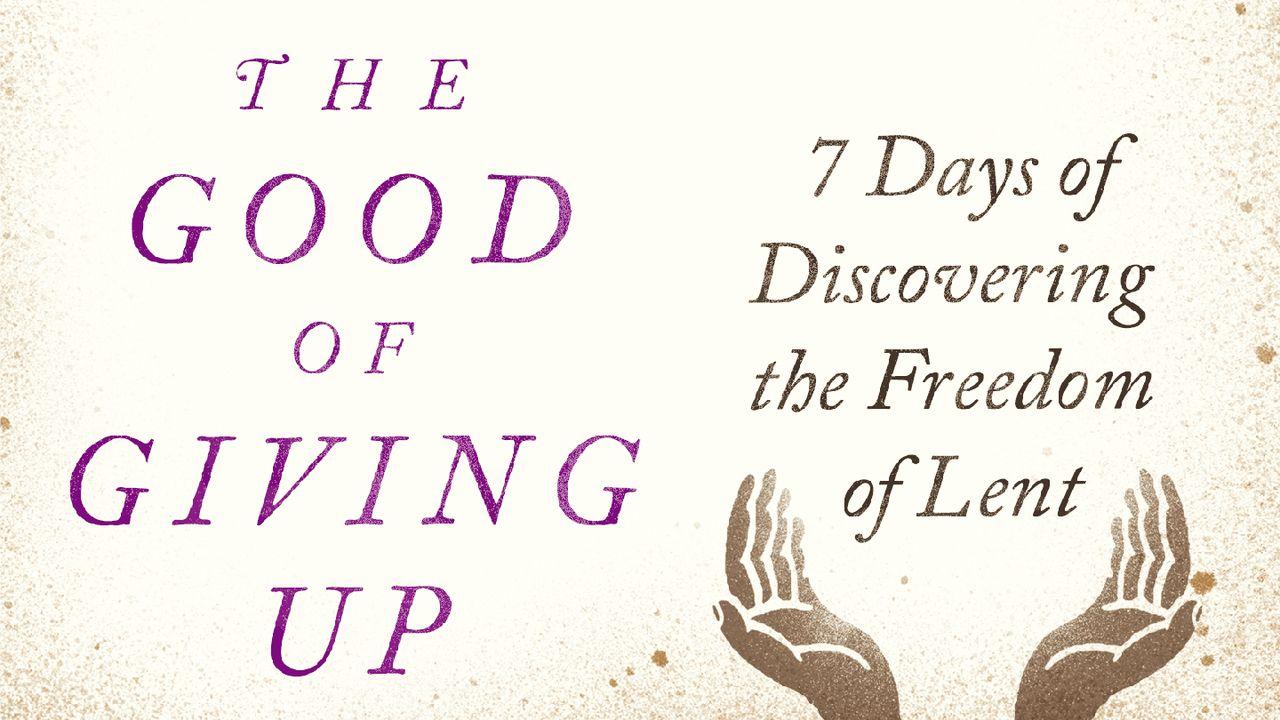
The Good of Giving Up is an evangelical case for Lent and a guide to its practice. This seven-day plan gives a brief history of Lent and shows how to observe Lent with proper motivation. Whether you are Anglican or Ba...
More
متعلقہ پلان
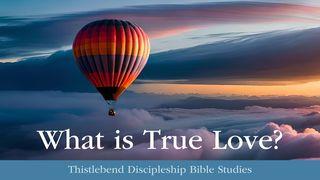
حقیقی محبت کیا ہے؟

بچوں کی بائبل
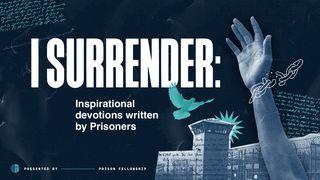
میں ہار منتا ہوں: متاثر کن عقیدت بھر پیغام جنہیں قیدیوں نے لکھا

بچاؤ
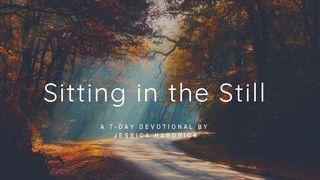
اطمینان سے انتظار کرنا: خدا کے وعدہ پر گہرے دھیان میں انتظار کے 7 دن

لینٹ مسیح کا صلیب تک کا سفر

فتح اور جدوجہد :خُدا کہتا ہے کہ میں ہوں۔

اندر اور بہار سے شفا

فضل کا ترانہ
